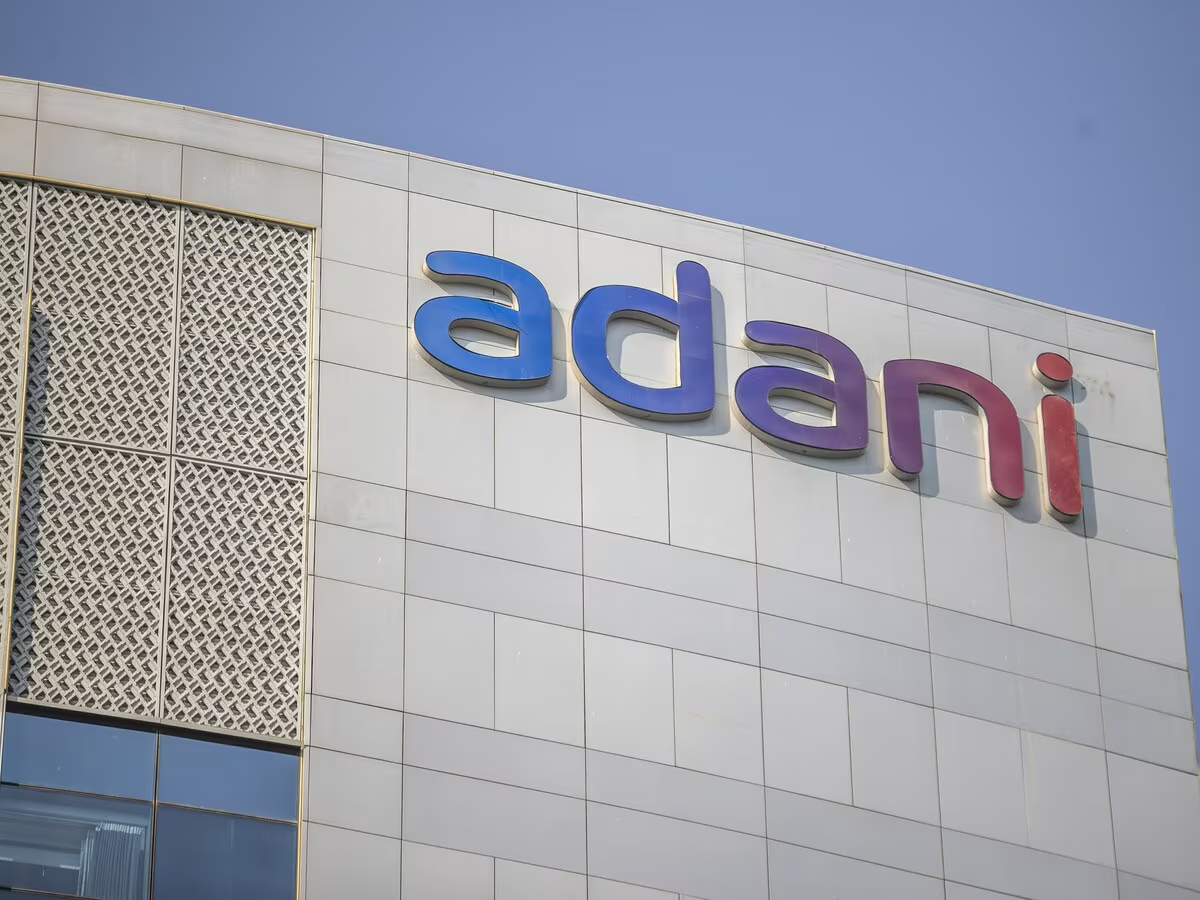Navigating through a tempest?

The allegations against Gautam Adani, one of India’s most influential businessmen, have sparked a storm that could have wide-ranging consequences for India’s economy and politics. Accused by US prosecutors of orchestrating a USD 250 million bribery scheme to secure contracts yielding USD 2 billion in profits over 20 years, Adani and his conglomerate are facing their gravest challenge yet. The Adani Group has categorically denied these charges, terming them to be baseless. However, the damage has already begun to unfold. The market’s reaction to the indictment has been swift and consequential. Stocks of Adani Group companies are on a steep decline. A total of USD 34 billion in market value was lost in a single day, with the decline continuing on the following days. The group had to shelve the plans to raise USD 600 million through dollar bonds—the same day when the charges were made. The adversity for the group, obviously, didn’t stop there. Kenya terminated a multimillion-dollar airport expansion deal. Other fallouts of the crisis may be in the offing.
Some analysts argue that the incident strikes at the very heart of India’s economic-political ecosystem as well. It is no mystery that Adani’s business empire touches nearly every aspect of India’s infrastructural landscape—ranging from ports and airports to power plants and renewable energy projects, among other things. The faltering of one of India’s largest corporate players may create ripple effects across industries, the job sector, as well as long-term development plans. The unfolding of the current saga is reminiscent of a damning report from US-based short-seller Hindenburg Research which accused the group of stock manipulation and accounting fraud, leading to a market sell-off and rigorous investigation by India’s financial regulator. Just a few months after the group managed to recover from the Hindenburg allegations, the new charges by the US government have come knocking at the door. The new crisis for the group has brough a different kind of gravity, involving the US Department of Justice and anti-bribery laws that could lead to severe financial and reputational penalties. The scandal has also reignited the longstanding political debate around the relationship between Adani and the topmost government functionaries in India. Adani’s meteoric rise has been dubbed by many as a case study of crony capitalism. Opposition leader Rahul Gandhi wasted no time in calling for Adani’s arrest, accusing the government of shielding corrupt practices. Meanwhile, the BJP has dismissed these accusations, framing them as part of a broader smear campaign. However, the opposition is likely to use the controversy as ammunition against the ruling party. The BJP, already walking a tightrope between its pro-business image and growing concerns about inequality and governance, may now find itself in a precarious position.
At a global level, the case could complicate India’s efforts to attract foreign investment. Adani’s success story has often been projected as a symbol of India’s entrepreneurial prowess and economic ambitions. The allegations of corruption and cronyism may spoil that narrative to a certain extent. Countries and corporations may now scrutinise partnerships with Indian firms more closely. It is incumbent on the part of the government to facilitate genuine investigation, establish or refute the allegations with concrete evidence, and make its stance clear. All this needs to be done while maintaining the sovereign credentials of the nation. Government actions cannot be expected to be driven by any foreign agenda or trigger. Objectivity and transparency will be the key terms. Reassuringly, the broader US-India relationship, firmly based on strategic and economic alignment, is unlikely to falter. Both nations have significant stakes in their partnership, and officials have already expressed confidence in navigating the current crisis without derailing bilateral ties.
For Adani, the road ahead is fraught with challenges. Legal experts believe the group could explore settlements to resolve the charges, as other multinational corporations have done in similar cases. However, such resolutions often come at a high financial cost and require significant compliance reforms. Even if the legal battles are resolved, rebuilding market confidence and international credibility may prove to be a long and arduous process for the group.



